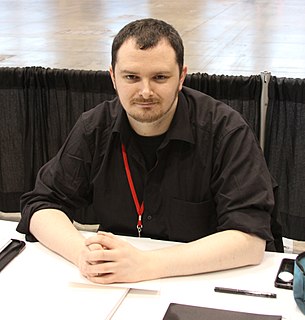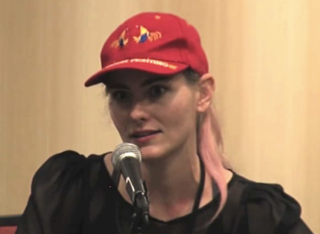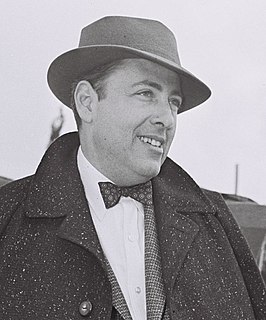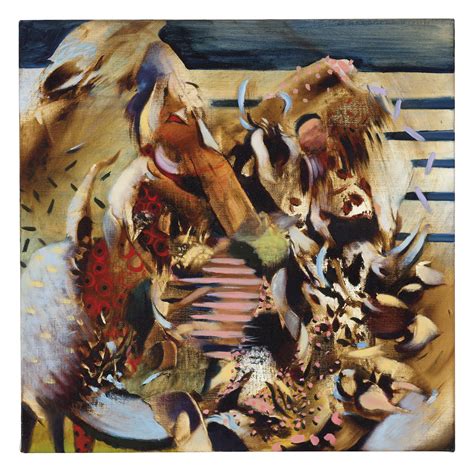A Quote by Chris Abani
I think a book that is over 400 pages should be split in two. I don't know that there's anything that interesting that can go on for 700 pages. I think that is a little bit indulgent.
Related Quotes
I'm so used to artists saying to me, "Listen, I'm going to have five pages done next week," and then three weeks later I'm phoning them, begging them for two pages. And Stuart [Immonen]is a guy who will promise you five pages and deliver six pages, and the six pages are even better than you could have ever imagined.
There's a page in #2 where I did one of the most interesting pages I've ever drawn. I had to think, "This is a big, blockbuster comic book." You're prepared to be more fan service-y or bombastic. Yet I did one of the most challenging pages I've ever drawn, and it was incredibly satisfying to do that on a project like this [All-Star Batman].
During my last year of college I wrote the same ten pages over and over again. Those ten pages became the first few pages of my first novel. I can still recite the opening paragraph from memory - only now I cringe when I do it because they are - surprise! - a classic example of overwriting, in addition to being a more than a little pretentious.
If you're 50 years old or younger, give every book about 50 pages before you decide to commit yourself to reading it, or give it up. If you're over 50, which is when time gets shorter, subtract your age from 100 - the result is the number of pages you should read before deciding whether or not to quit. If you're 100 or over you get to judge the book by its cover, despite the dangers in doing so.
Think about the way you go surfing on the Internet - you go from one thing to another. You can't really concentrate. I can't sit and read 10 pages on my computer. You'll read and then all of a sudden part of your brain is like, "What about that? ...You're not reading the whole book. You're reading fragments. Even though I think it's bad, I think it's interesting too, because that's the way my brain works.
My original book [Straight to the Heart: Political Cantos] was 1,700 pages. The first editor brought it down to 700; there was a lot that didn't make it in. But at last it's finished. I had a hard time signing off on it. And I was worried about it hurting anyone I loved even indirectly. I sat in my room afterwards for two hours wondering what I had done. I wondered about it being judged and if people would understand.



































